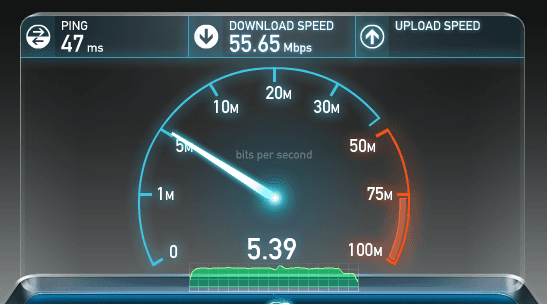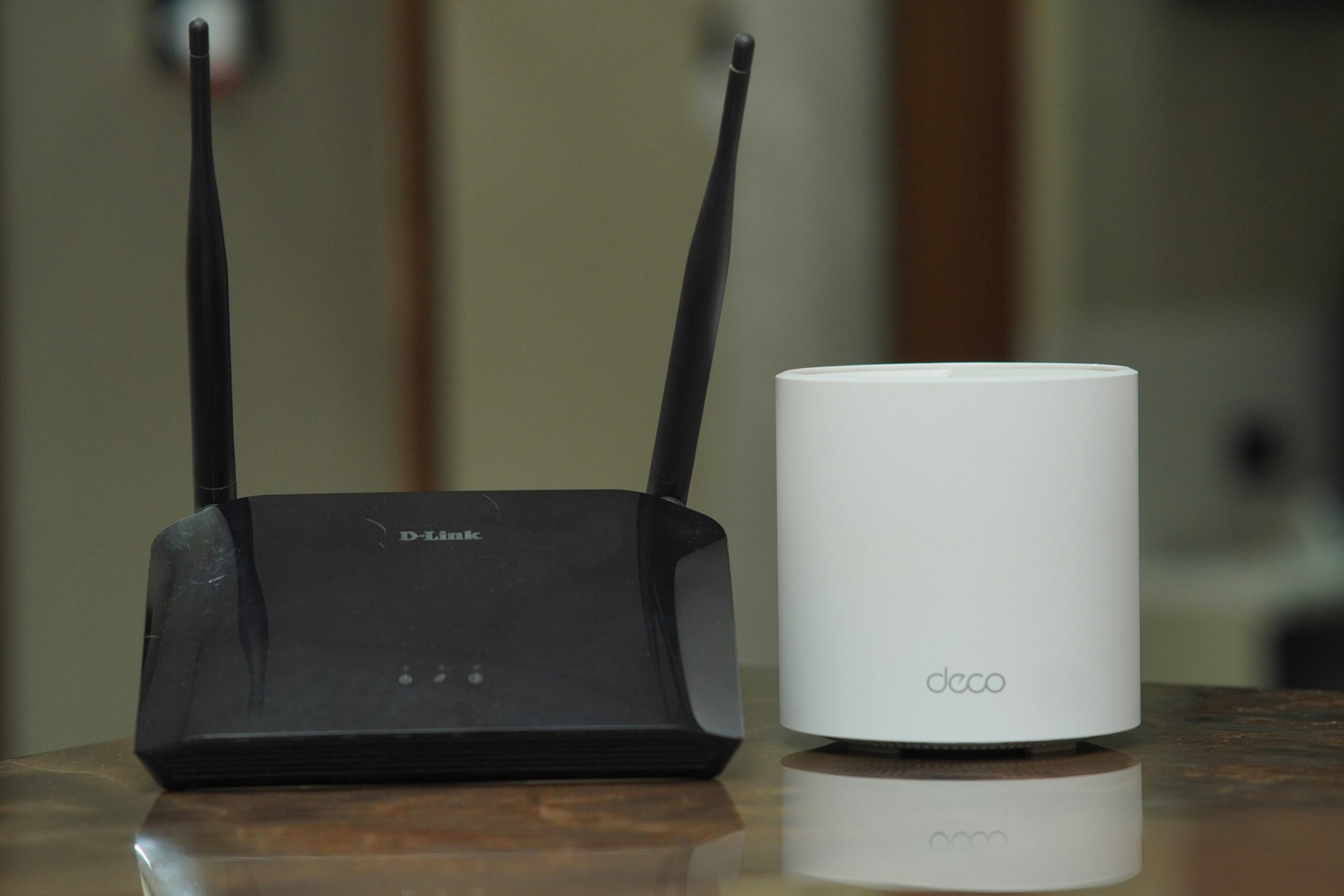You may have heard of cookies, and know that people get upset about having cookies they don’t want. But why wouldn’t you want a cookie?
In the context of the computer world, a cookie is a text file given to your computer by websites that you visit. This text file contains some basic information: the most common type of cookie is to keep track of logins. Say you go to xyz.com, login, use the site, and then move onto a different site. Xyz.com stores a cookie on your computer that says “this computer is logged into xyz.com.” When you leave xyz.com, the cookie stays on your computer. That way when you back to xyz.com, you don’t have to enter your password again.
Cookies have an “expiration date.” This means that after a certain amount of time they “go bad,” that is to say they delete themselves. If you go back to xyz.com after a day, you will probably have to log in again because the cookie has expired.
The kind of cookie that people don’t like is called a “tracking cookie.” These cookies aren’t created to give you a clear benefit, like being logged into a site. These cookies are stored on your computer by advertising websites whose code is inserted into website you visit. Say xyz.com has advertisements. These ads are not manually inserted onto the page by the owners of xyz.com. Xyz.com has an arrangement with an advertising “network” to pull in advertisements from their websites – advertisements that include cookies and modify cookies.
Say you visit a lot of cooking websites, most of which have ads. The advertising network reads the cookies it stored from other websites you’ve visited, sees that you are interested in cooking, and sends cooking advertisements to the website you’re on. If you click on one of those advertisements, it sends a very strong signal to the advertising network that you are interested in that sort of thing, and future ads will be targeted to that interest.
Some sites, like travel booking websites, store cookies on your computer to keep track of how many times you’ve looked for a flight. The more times you visit, the higher the price goes. If you delete their cookies, the price will go back down.
If you don’t want tracking cookies stored on your computer, your web browser has an option to disable their tracking, usually under “privacy” options.
About Nerds On Call: Established in a spare room in Redding, Calif., in March 2004, Nerds On Call offers on-site computer and laptop repair services to consumers and businesses. Nerds On Call provides trouble-shooting for PCs and Macs, home and office networks, printers, iPods® and MP3 players, handheld devices and cell phones, home theaters and game systems, and virtually every other form of digital entertainment. In 2009, 2010, & 2011 the company was named to Inc. magazine’s list of 5000 fastest growing private companies. With 7 locations across California and Oregon, Nerds On Call serves more than 40,000 satisfied customers per year. For more information, visit callnerds.com or call 1-800-919-NERD.




